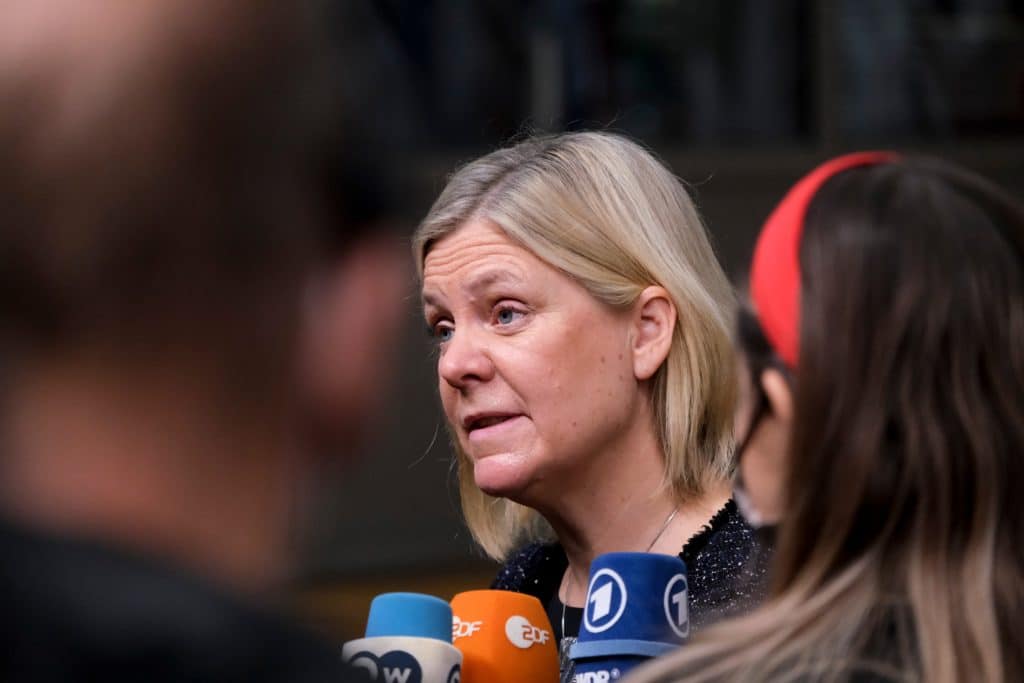Sweden’s centre-left prime minister, Magdalena Andersson has resigned after conceding defeat in the country’s close-fought general elections this week.
Andersson, who has been in office as the country’s leader for less than a year, called a press conference on Wednesday, even as votes were being counted, saying, despite the “narrow majority, but a majority nonetheless”, she would hand in her resignation as prime minister within 24 hours.
“The responsibility for the continued process will go to the speaker,” Andersson told reporters.
“In parliament, they have a one or two seat advantage. It’s a thin majority, but it is a majority.”
In November last year, the 55-year old former Minster of France became the country’s first female prime minister — taking the reins as leader of the Social Democratic party, replacing Stefan Löfven.
According to the latest figures released by the country’s election authority, the four-party right-wing opposition bloc appear to have secured a win for themselves, with Ulf Kristersson, leader of the Moderate Party, set to become the next prime minister.
The Moderates, Sweden Democrats, Christian Democrats and Liberals are projected to win 176 seats in the 349-seat parliament to the centre-left’s 173 seats.
At this stage, no formal agreement between the four parties exist regarding the way they plan to govern.
On Wednesday, Kristersson claimed victory, thanking his voters, saying, “Now we will have order in Sweden.”
“We have an election result, we have the mandate for change we asked for,” Kristersson said as the result was announced. “I will now begin the process of forming a new government for Sweden and all its citizens.”
“There is nothing that is so bad in Sweden that it can’t be fixed with all that is so good,” he added, declining to answer questions about which of the allied parties would be part of his new government. “Thank you for the confidence you have placed in us.”
Leader of the Sweden Democrats, Jimmie Åkesson, was equally jubilant this week, declaring on Facebook, “Now the work begins to make Sweden good again.”
“We have had enough of failed social democratic policies that for eight years have continued to lead the country in the wrong direction. It is time to start rebuilding security, welfare and cohesion. It is time to put Sweden first.”
“Our success in the election implies a heavy responsibility to voters, which we will manage as well as we can and with respect.”
Åkesson’s party relies on anti-immigration and nationalist ideologies, and since its inception in 2010, has never been part of a government.
Andersson’s short period as prime minister was not without controversy. Last November, she was reappointed as leader of the country after she was forced to resign within hours of the election when the Green Party withdrew from her coalition government, causing it to collapse.
In January this year, she was criticised after a cleaner from Nicaragua was detained for working illegally at her home.

